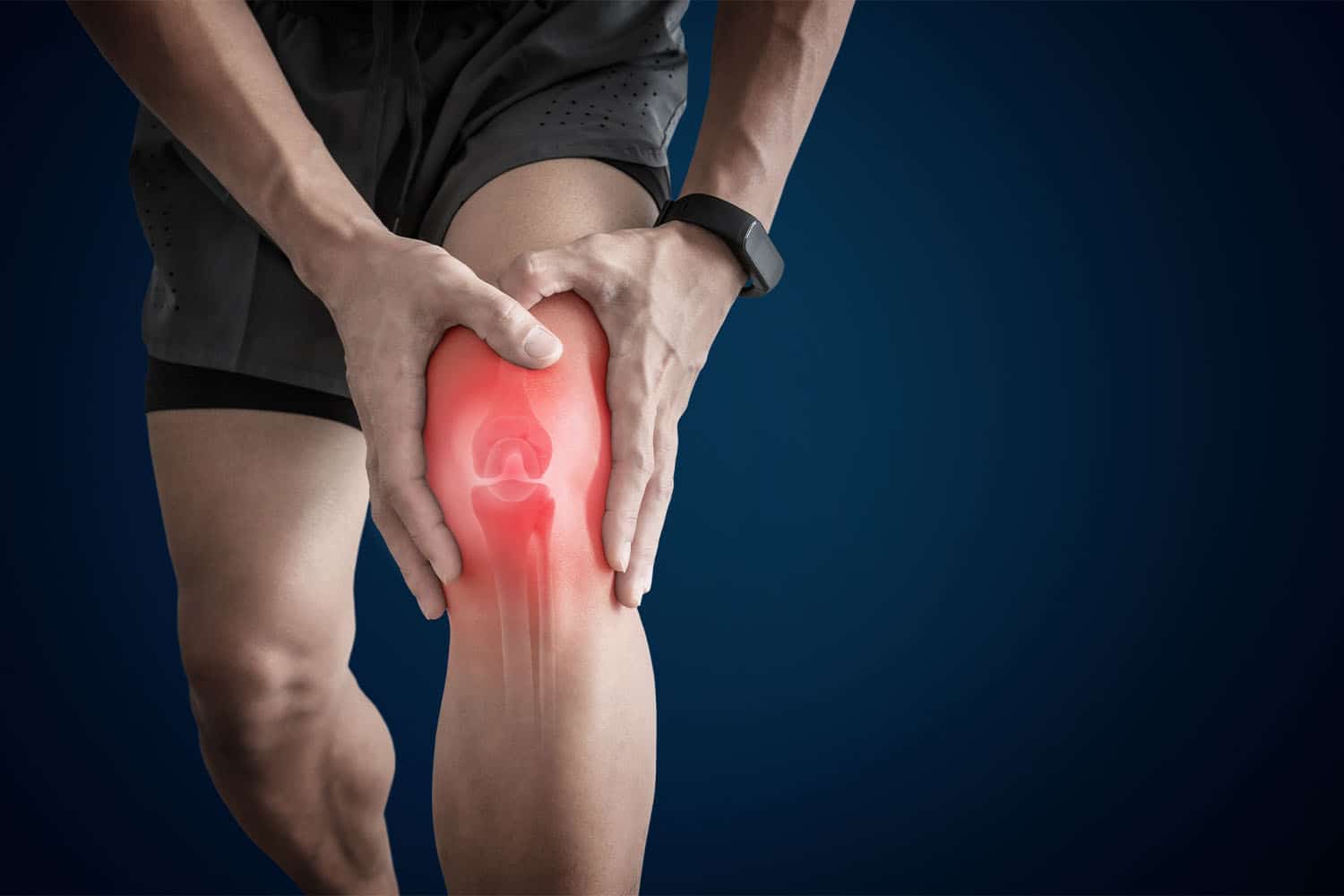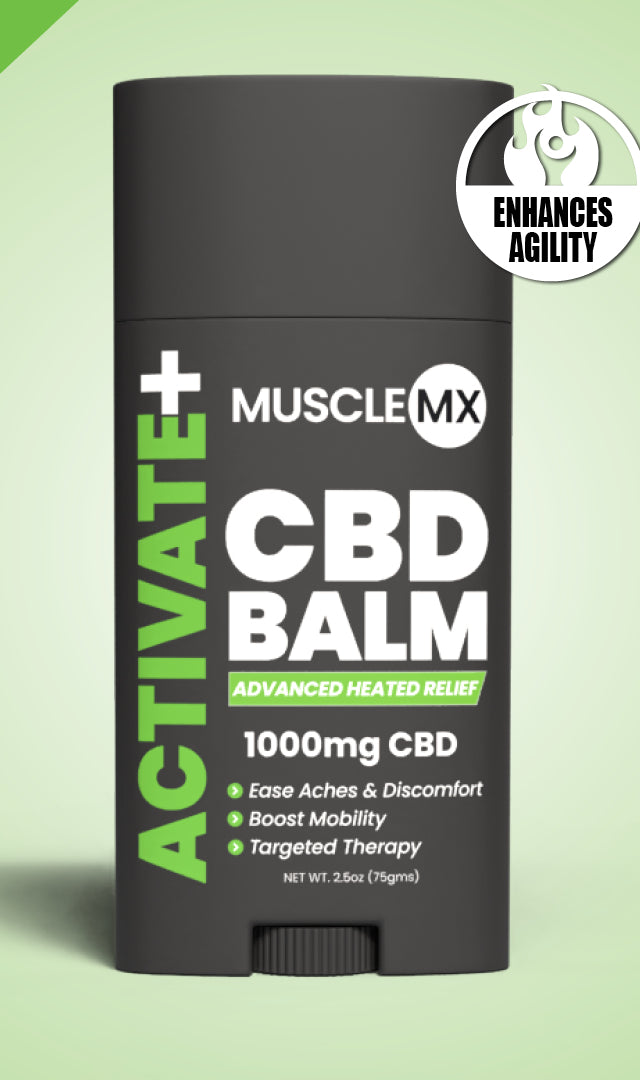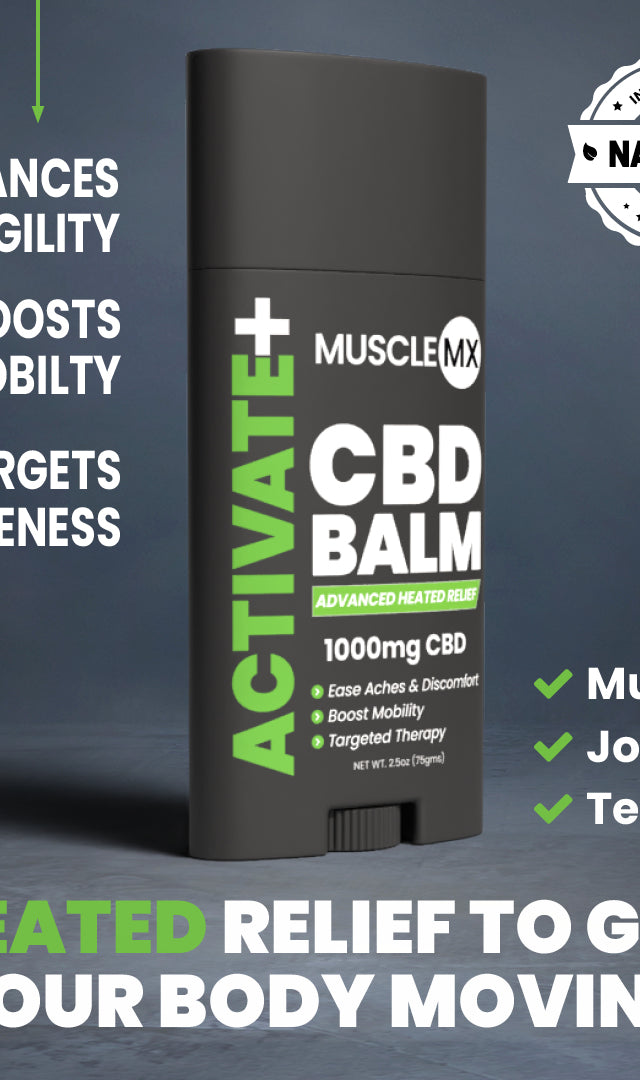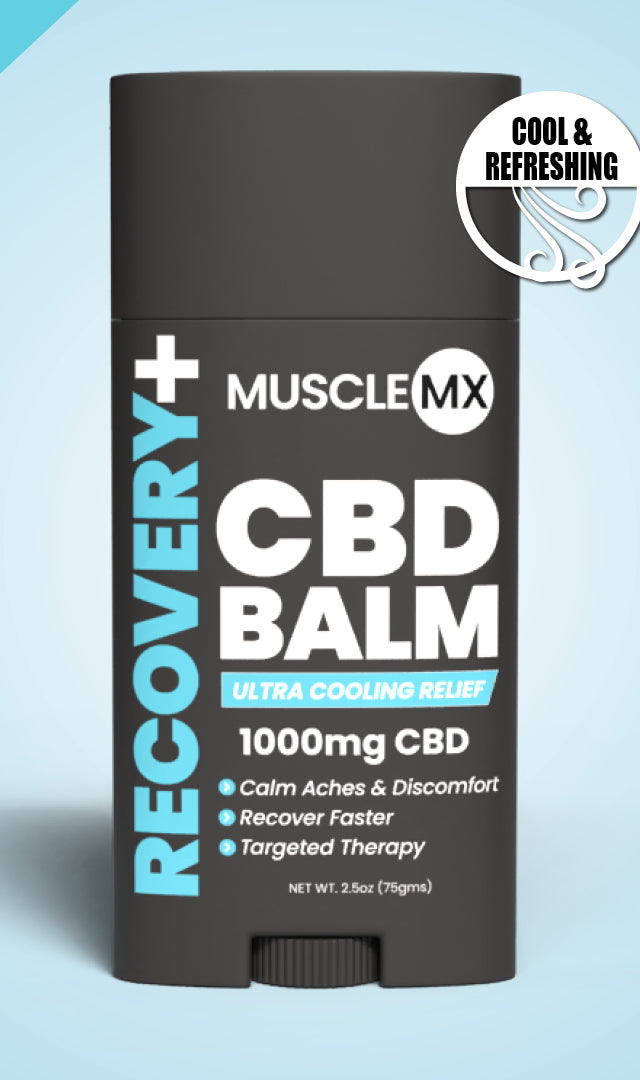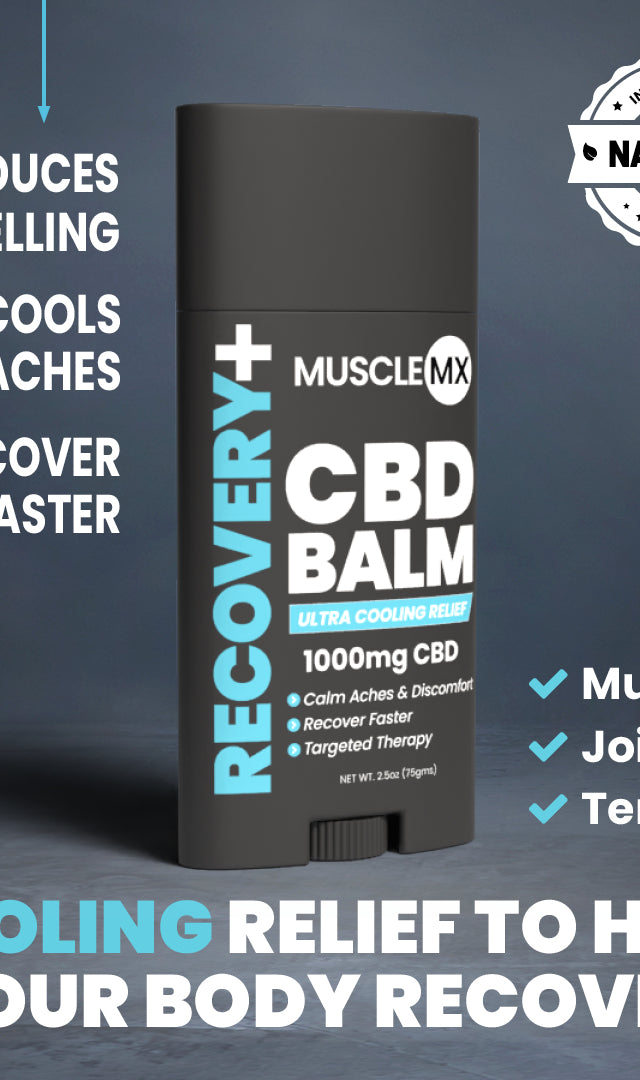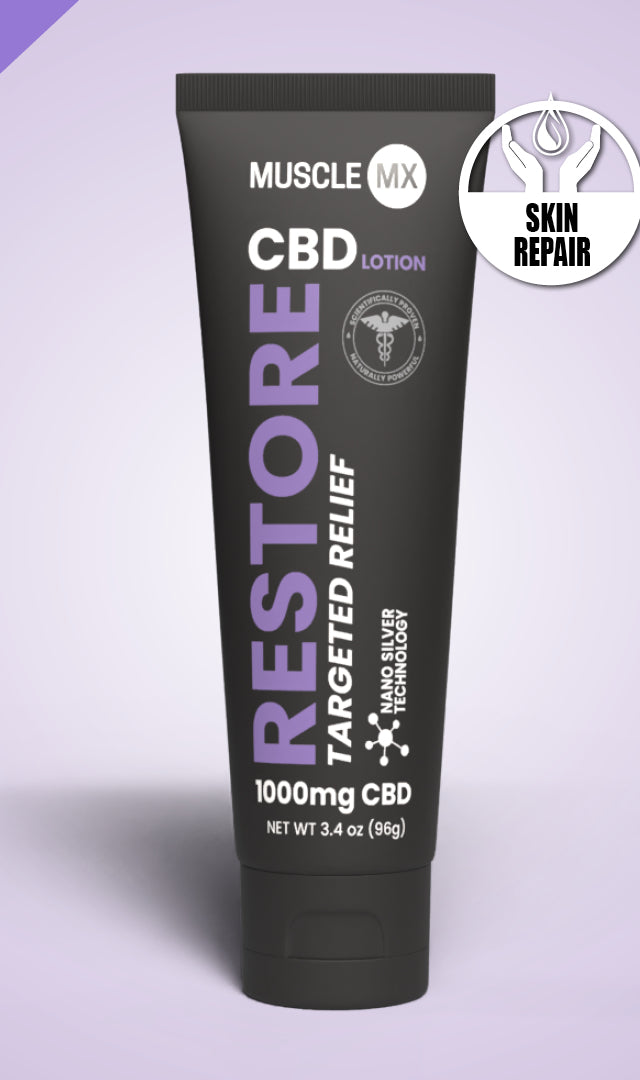Understanding Throbbing Knee Pain at Night
|
| Imagine you’re laying in bed, fast asleep, and all of a sudden, you jerk awake in the night because of excruciating, throbbing pain in your knee. You pull yourself out of bed, trying to stretch out or at least determine what movement might have triggered the attack of pain. |
It’s estimated that up to 25% of Americans struggle with chronic pain in the knee. If you’re one of them, you know the struggle of doctor’s visits, trying different medications, physical therapy programs, and using topical creams and lotions to get some relief and improve your quality of life.
Let’s look at some of the causes and treatments of throbbing knee pain at night.
What Is Throbbing Pain?
First, we should define what throbbing, chronic pain is. If you’re dealing with pain that’s throbbing, it will generally feel like a pulse of pain in your knee.
There are several other words that describe the same or a similar sensation, like:
- Pounding
- Beating
- Pulsing or pulsating
- Recurring
- Achy
Throbbing pain can be difficult to manage because it can be both constant and intermittent at the same time.
What Are Some Examples of Throbbing Pain?
Pain that is throbbing could vary in how severe it is. Sometimes it might feel like a dull ache, and other times, it could be much more intense, depending on where the pain is coming from and what caused it.
Some of the more common types of throbbing pain include:
- Migraine
- Elbow injury
- Stubbed toe
- Twisted ankle
- Scraped knee
- Toothaches
What Causes Knee Pain?
There are many different reasons that you might suffer from chronic knee pain. Some are the result of something external, like an injury. Other times, diseases or conditions can cause the pain to begin from within the body. Let’s take a look at some of the common causes of throbbing knee pain.
Knee Injury
One of the more obvious causes of throbbing knee pain is a physical injury, often while playing sports or participating in physical activity outdoors, like hiking or cycling.
Here are a few injuries that can cause this type of pain:
- Ruptured ligament
- ACL (anterior cruciate ligament) injury
- Dislocation
- Fracture
- Torn meniscus
- Pain from an injury in another part of the body that affects the knee (especially the hips)
Runner’s Knee
A condition that is common amongst runners called runner’s knee is also a common cause of knee pain. This injury happens when there is damage to the cartilage under the kneecap from injury or overuse. This condition is called chondromalacia.
The pain from runner's knee is often described as dull and radiating from the front of the knee. There might also be a sensation of friction, like grinding or rubbing. It can especially be painful when walking up or down stairs or hiking up a hill or mountain.
Arthritis
The bones that make up the knee joint are the thigh bone, shinbone, and kneecap. Behind the kneecap, there is cartilage and a lubricant called synovial fluid.
All of these factors are what help cushion the bones so that there isn’t any friction and so the knee is able to move smoothly. Synovitis is when there is inflammation in the synovial membrane. Bursitis is when there is inflammation in the bursae.
Knee arthritis is when the knee joint is inflamed. There are two main types of knee arthritis:
-
Osteoarthritis: This happens when the cartilage is worn down over time. It’s very common in people who are above 50 years of age. Strangely, your joints may ache and be tender but have little or no swelling. There isn’t a cure for osteoarthritis, but there are treatments you can try to help with the symptoms.
-
Rheumatoid arthritis: In contrast to osteoarthritis, rheumatoid arthritis is an autoimmune disease. This means that instead of coming from injury or age, it’s a result of the body attacking itself and causing damage. Rheumatoid arthritis causes swelling in the knee and can lead to the cartilage being destroyed over time.
Gout is another form of arthritis caused by a buildup of uric acid. The acid crystallizes and deposits in the joints, causing severe attacks of pain, redness, and swelling that can come on very suddenly. While the most common joint in the body to be affected is the big toe, it can affect any joint, including the knee. It’s very typical for these attacks of pain to come at night when joints are at rest.
One potential cause of gout is eating a high quantity of red meat because this creates a buildup of uric acid. Other potential factors that can lead to developing gout include high blood pressure, diabetes, kidney problems, obesity, and drinking too much alcohol.
Infections
Another potential cause of knee joint pain is an infection. When bacteria enters the bloodstream and winds up in the knee, this is called septic arthritis. This condition can cause swelling and inflammation, similar to other forms of arthritis.
Other times, surgical procedures can introduce bacteria that gets into the cartilage and causes soreness and swelling. Usually, antibiotics can be used to deal with the infection, but the pain may last for a while.
Why Does Knee Pain Occur at Night?
The most basic reason knee pain is worse at night is the same reason just about all pain is worse — you notice it more! During the day, there are plenty of distractions to divert your mind to the pain that you’re feeling.
This is why you can sometimes go through an entire workday and barely notice the throb in your knee, but as soon as you climb into bed, the aching begins: because you’re just now noticing that it’s there.
Another reason why you feel that throb, specifically at night, is because of the fluid that surrounds the cartilage in your knee. When you’re relaxed, the fluid isn’t moving around, lubricating everything and keeping your knee working smoothly. This is why in the morning, you might feel stiff and sore, and it takes a few steps to get full movement back in your knee.
The Effect of Cortisol
One of the amazing things about our bodies is how they produce the remedies for most ailments we have within them!
One example is cortisol, a hormone that naturally lessens the inflammation in your body. The downside is that cortisol is produced less at night because it’s usually not needed when your body is resting. This can cause you to feel the throbbing in your knee more at night than the daytime.
How Can You Deal With Knee Pain at Night?
What are some ways to address throbbing knee pain that hits at night? Well, in some severe cases, the situation is severe enough to warrant a surgery like a knee replacement.
However, here’s a list of simpler things that you can try today:
-
Change your sleep position: One simple way to try and address your throbbing knee pain at night is to adjust how your knees are placed in bed. Try supporting or elevating with a pillow to prevent blood from collecting in your knees.
-
Take a warm bath: The soothing feeling of warm water may ease the muscles and ligaments in your knees enough to relax them enough for a good night’s sleep. This can also be helpful mentally, as the release of tension from the whole body can also affect your mind, making it easier to fall asleep.
-
Apply ice or heat: While either heating pads or ice packs can help your knee feel better, combining the two in an icy-hot patch might work even better.
-
Massage: Lightly massaging the muscles around the knee cap can loosen up tension and relax your knee.
-
Over-the-counter pain relievers: anti-inflammatory medications like ibuprofen or Aleve can help to lower inflammation enough for you to get some sleep. If the pain is severe enough, sometimes doctors will prescribe you higher doses of pain relief medication than can be purchased over the counter (OTC).
-
Balms, creams, and topicals: There’s a long list of medical grade and naturopathic creams, balms, and lotions available to address your knee pain right at the source. Additionally, medicines like lidocaine can be applied as a patch on the knee to numb the pain.
-
Natural remedies: Today, more than ever, people are looking for more natural solutions and supplements to their pain problems. Products like essential oils, herbs, and even spices (for example, turmeric) are being used to deal with discomfort.
Find What Works
Whatever the cause of your throbbing knee pain at night, be sure to talk with your doctor or healthcare provider about your pain management to determine what treatments might be best for you.
Here at Muscle MX, we’re on a mission to equip you with the information and resources you need to continue your wellness journey and work towards a more comfortable, healthy life.
Sources:
One In Four Adults Suffers From Chronic Knee Pain. | ACL Administration for Community Living
Knee pain - Symptoms and causes | Mayo Clinic
Gout - Symptoms and causes | Mayo Clinic



































